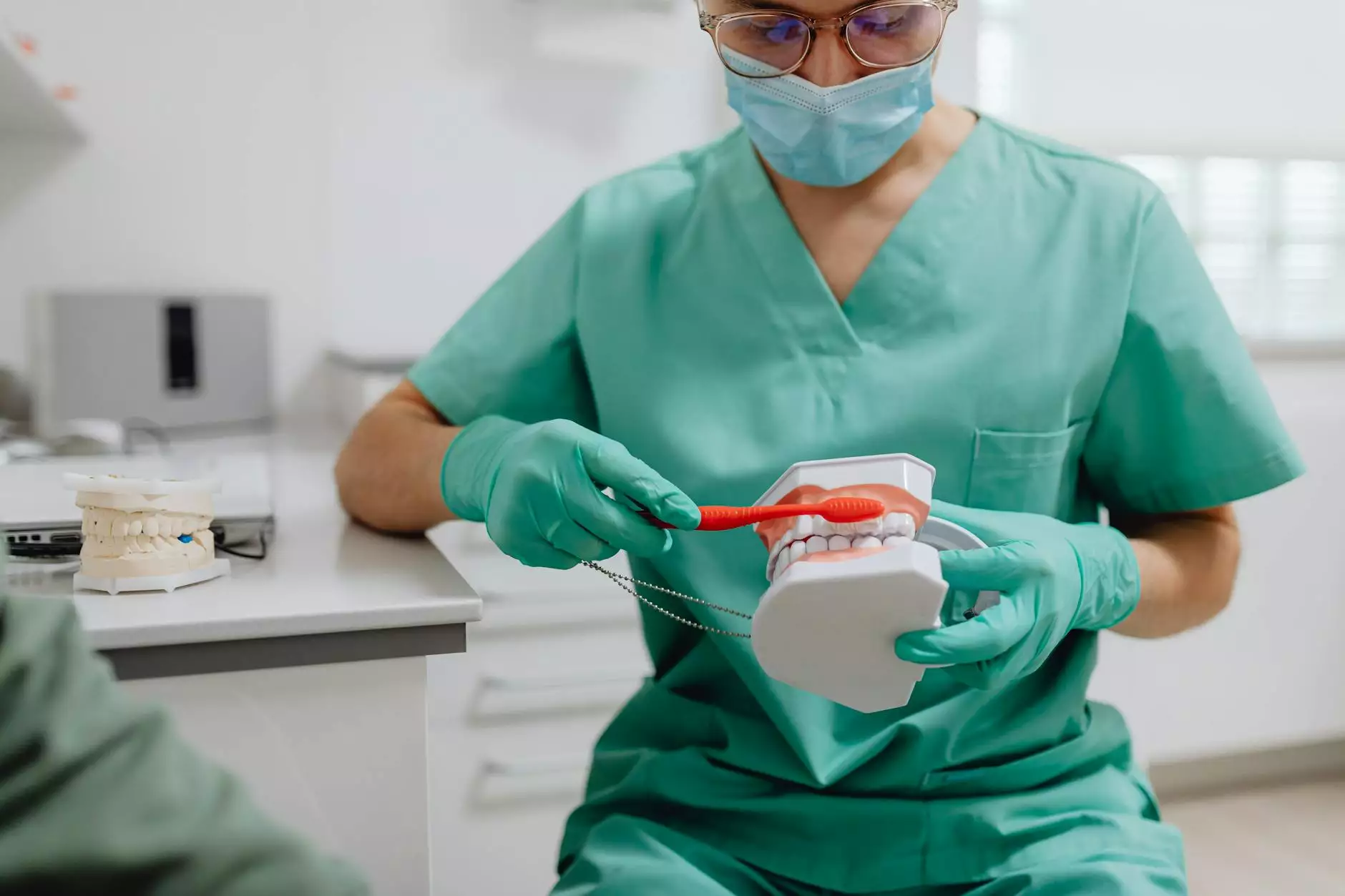Understanding Jaw Operations: A Critical Component of Dental Health

Jaw operations, commonly referred to as oral and maxillofacial surgeries, represent a pivotal aspect of dental health and overall well-being. At SMBalaji Dental Hospital in Chennai, we recognize the importance of these procedures in addressing a range of conditions that affect the jaw and facial structure. This article delves deep into the various aspects of jaw operations, including indications, procedures, recovery, and their significant role in enhancing quality of life.
What is a Jaw Operation?
A jaw operation involves surgical intervention aimed at correcting structural issues related to the jaw. These problems may include misalignment, trauma, and congenital defects or diseases affecting the jaw and face. The primary objective of these surgeries is to restore functionality, improve aesthetics, and alleviate any associated pain or discomfort.
Types of Jaw Operations
There are several types of jaw operations performed based on the specific needs of the patient. Here are some common procedures:
- Corrective Jaw Surgery: Also known as orthognathic surgery, it is performed to align the jaw properly, enhancing both function and appearance.
- TMJ Surgery: This surgery addresses disorders of the temporomandibular joint (TMJ) which can cause pain, clicking sounds, or limitation of movement.
- Jaw Fracture Surgery: In cases of trauma resulting in jaw fractures, surgical intervention is needed to realign and stabilize the broken bones.
- Bite Correction (Malocclusion Treatment): This procedure is aimed at correcting improper bites that may arise due to congenital issues or teeth misalignment.
- Removal of Cysts or Tumors: Surgeons may need to remove pathological cysts or tumors from the jaw area to ensure the patient's overall health.
Who Needs a Jaw Operation?
Individuals who may require a jaw operation often suffer from a range of dental or medical issues, which include:
- Severe Jaw Misalignment: This can lead to uneven wear on teeth, difficulty chewing, and even jaw pain.
- Chronic TMJ Disorders: Patients experiencing persistent pain in the jaw joint may find relief through surgical intervention.
- Facial Trauma: Accidents or sports injuries can lead to jaw fractures necessitating surgical repair.
- Congenital Jaw Deformities: Some individuals are born with jaw irregularities that require surgical correction to improve function and aesthetics.
- Jaw Tumors or Cysts: Regular dental examinations may reveal growths that need to be surgically addressed.
The Surgical Procedure: What to Expect
Understanding the surgical process can help alleviate anxiety for patients considering jaw operations. Here is a general overview of what to expect:
Pre-Operative Assessment
Before the surgery, a comprehensive evaluation is undertaken, which includes:
- Medical History Review: Identification of prior health conditions that may influence surgery.
- X-rays and Imaging: Visualization of the jaw structure using advanced imaging techniques.
- Orthodontic Evaluation: Many patients benefit from orthodontic work before surgery to prepare the teeth for realignment.
During the Surgery
The surgery itself may vary in duration based on the complexity of the case but generally follows these steps:
- Anesthesia Administration: Patients are given either general anesthesia or local anesthesia combined with sedation to ensure comfort.
- Incision and Access: The surgeon makes incisions to access the jawbone, which may occur through the mouth or externally.
- Corrective Actions: The necessary corrections are performed, which may include osteotomy (cutting and repositioning the jaw bone).
- Stabilization: The jaw is then stabilized using plates, screws, or wires, based on the extent of the operation.
- Suturing and Recovery: The incision site is sutured closed, and the patient is taken to recovery.
Post-Operative Care
After the surgery, proper care is crucial for optimal recovery. Some recommendations include:
- Rest and Recovery: Taking time to heal is essential; patients should avoid strenuous activities.
- Dietary Adjustments: A soft-food diet is recommended initially to minimize discomfort.
- Pain Management: Prescribed medications can help manage any post-operative pain.
- Follow-Up Appointments: Regular check-ups are vital to monitor healing and address any concerns.
The Benefits of Jaw Operations
Jaw operations can yield profound benefits, including:
- Improved Functionality: Enhanced chewing ability, better speech production, and overall oral health.
- Reduced Pain: Many patients experience significant relief from chronic pain associated with jaw issues.
- Aesthetic Enhancements: Improved facial symmetry and structure leading to increased self-confidence.
- Better Oral Hygiene: Aligned teeth are easier to clean, decreasing the risk of cavities and gum disease.
Why Choose SMBalaji Dental Hospital in Chennai?
At SMBalaji Dental Hospital, we pride ourselves on providing comprehensive care tailored to each patient's needs. Our practice offers numerous advantages:
- Experienced Surgeons: Our team comprises highly trained oral and maxillofacial surgeons with extensive experience.
- State-of-the-Art Facilities: We use advanced technology and surgical techniques to ensure the best outcomes.
- Personalized Care Plans: Every patient receives a customized treatment plan that addresses their specific needs and conditions.
- Comprehensive Post-Operative Support: We offer thorough follow-up care to ensure a smooth recovery process.
Conclusion: Taking the Next Step Towards Better Dental Health
In summary, jaw operations are vital for individuals suffering from various jaw and dental issues. They not only improve functionality and aesthetics but also significantly enhance quality of life. If you believe you are a candidate for a jaw operation or have questions regarding dental health, we invite you to reach out to SMBalaji Dental Hospital in Chennai. Our expert team is here to assist you on your journey towards optimal dental health.
Don't hesitate to contact us today to schedule a consultation and take the first step towards achieving a healthier, more confident you!









